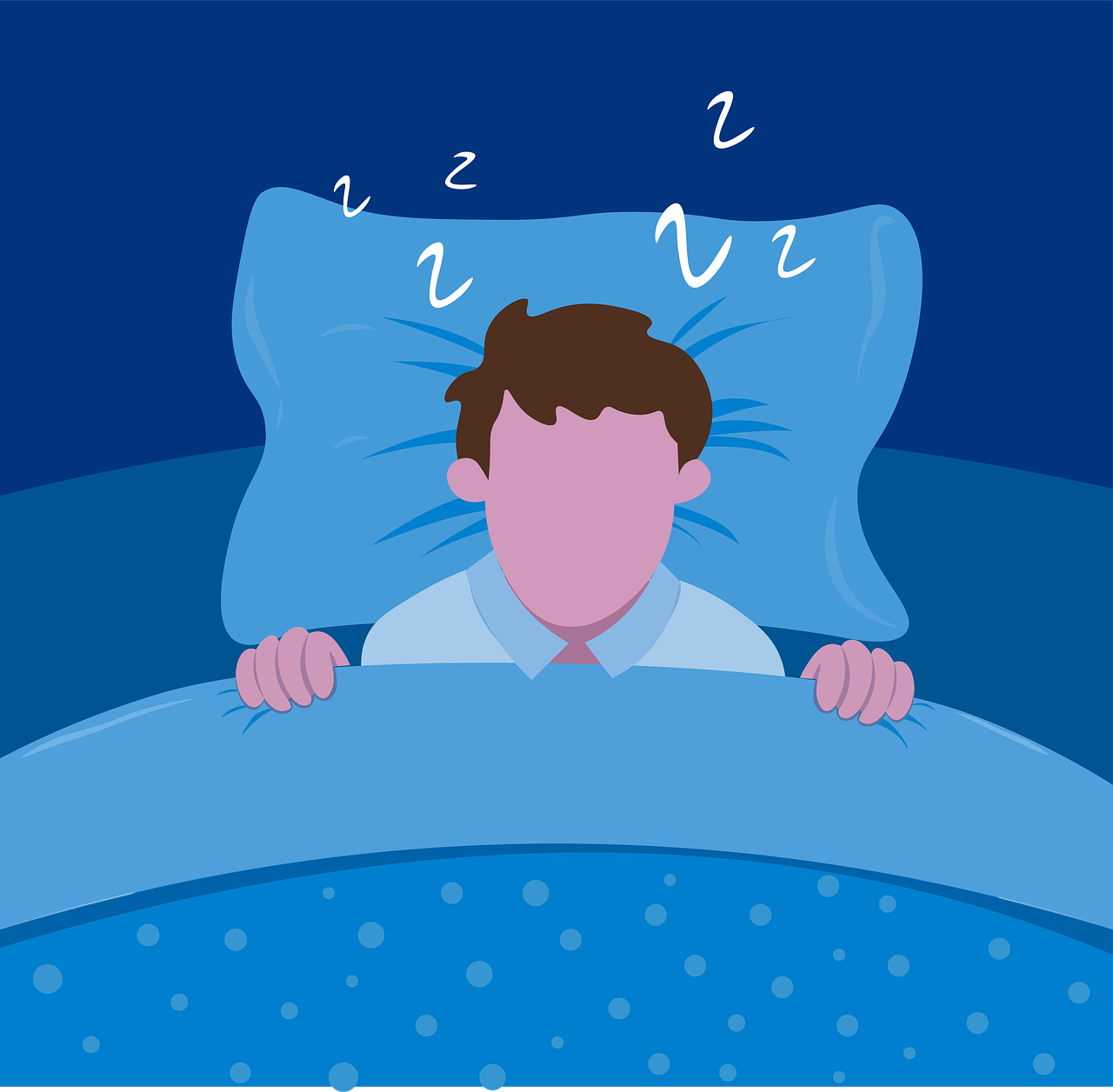The Effects of Covid on Sleep: A Senior Year Honors Thesis
With the ongoing COVID-19 pandemic, many aspects of our lives have changed. Students, including myself, have seen our screen times drastically increase over the past year due to a transition to online learning or simply to cope with or stay abreast of the pandemic. Anecdotally, many students reported sleeping for longer periods of time or having trouble falling asleep. I teamed up with Lauren Turner ‘21 and Alleigh Szabo ’24 to research the potential effects of COVID-related disruptions on our sleeping habits in the laboratory of psychology professor Serge Onyper.
Previous research has stated that blue light exposure from lighting negatively affects our sleep by decreasing nighttime buildup of melatonin that helps regulate sleep. Those who are unable to disconnect from technology find themselves getting lower amounts of sleep and reduced sleep quality. Given these findings, we expected students who spend more time on technology like their phone or laptop to have poorer sleep, in part due to circadian disruptions from blue light-emitting devices. After conducting the study for two semesters, we found that blue light does in fact affect sleep, but not necessarily in the ways one might expect.
As part of the study, we tracked sleep, technology use and attachment, the use of blue light filters, and active and sedentary behaviors of close to 100 St. Lawrence students for one week. We then averaged the daily reports before statistical analyses and found that students sleep for an average of 7.9 hours on weekdays, have an average bedtime of 12:30am, and an average rise time of 8:20am. Surprisingly, any exposure to blue light from technology, such as TV, phone or laptop, had negligible effects on the time students went to bed, how long they slept, or the overall quality of sleep they reported.
The blue light that did affect these variables was the exposure to fluorescent or LED lights in the one hour prior to bedtime. Students who were exposed to these types of lights tended to have later bedtimes and shorter amounts of sleep. Since students had later bedtimes and shorter amounts of sleep, they also had lower quality of sleep. LED and fluorescent lights both emit blue light, and the amount may be greater than what you might get from the laptop of phone screen – and it can’t be filtered!
Another interesting finding was that the closer you keep your phone to you at night, the later your bedtime will be, which in turn means you will sleep for a shorter amount of time and have lower quality of sleep.
Now let’s look at demographics.
Those who identified as female tend to keep their phones closer to them when they are sleeping compared to those who identify as male. Students who identify as anything but Caucasian reported poorer sleeping habits, meaning they have lower amounts of sleep, later bedtimes and taking more naps. Finally, we observed that one’s preference for early or late bedtimes and rise times influenced sleep: Night owls see themselves as nighttime people and larks are students who identify as morning people. We found that students who identify as owls tend to get more hours of sleep compared to those who identify as larks. Even though larks go to bed earlier, they also wake up earlier, which causes them to have less than the recommended 8 hours of sleep per night.
While this study aimed to determine if increased technology use and blue light exposure impact sleep, the design was correlational, and our findings cannot be used to infer cause and effect. And even though our results show that the ambient lighting in one’s surroundings close to bedtime might be a stronger determinant of one’s bedtimes and sleep duration and sleep quality than technology use and use-related blue light exposure, we encourage students to decrease screen time when possible and focus on developing healthier sleeping habits, as sufficient sleep is essential for our physical and mental well-being.
Weekday sleep statistics from our study:




